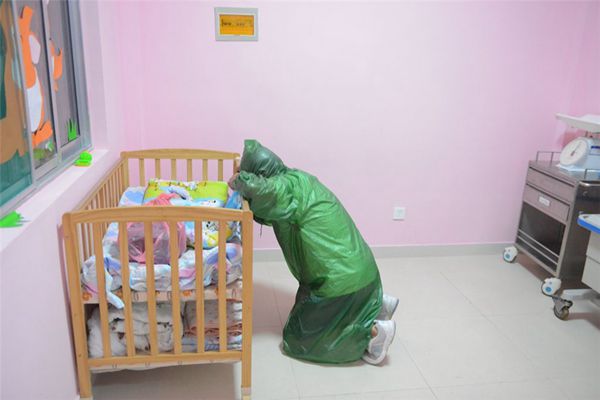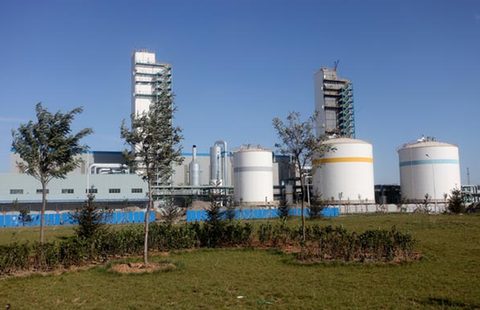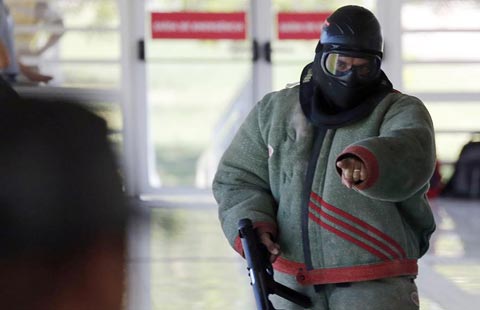
 |
|
A father, dressed in raincoat and mask to remain anonymous, kneels beside his daughter before leaving her at a baby hatch in this 2014 file photo. [Photo/CFP] |
An organization that runs a safe haven for abandoned babies has had to scale back its operations because of financial constraints and a lack of workers.
The haven was opened by the Quzhou Children's Welfare Institution in Zhejiang province in May, and it received 24 babies in its first six months of operation. Staff members prevented a further 66 babies from being abandoned by talking their parents out of the idea.
The haven, a white booth covering an area of less than 10 square meters, has had to cut its opening hours. It is equipped with a crib, an incubator and surveillance cameras to prevent parents from simply walking in and abandoning their children. The facility is staffed around the clock.
Residents who find a baby that has been abandoned by its parents can take it to the haven.
"The haven now opens for only six-and-a-half hours a day from Monday to Friday," a worker surnamed Chen said. "Only orphans and babies under 12 months old whose parents cannot be traced are accepted. Parents who try to abandon their children are reported to the police."
Havens in other provinces are experiencing similar problems, with many receiving more babies than they can handle.
The Nanjing Children's Welfare Institution, in Jiangsu province, opened a facility in December 2013 that received 150 abandoned children in its first three months. It now accepts that number over a whole year.
The children have been sent to other institutions in the province where they can receive more attention and better treatment.
The institution in Guangzhou, Guangdong province, suspended its haven after receiving more than 260 children from January to March last year.
Zhu Hong, director of the Nanjing institution, said the organization is under "extreme pressure". Ninety-nine percent of the abandoned children it takes in have serious mental or physical disabilities.
"Lack of funds is not the only problem," said Zhu. "We cannot hire enough workers or find buildings large enough."
Many parents abandon their disabled children at institutions in big cities after trying in vain to have them treated at hospitals.
"Media exposure is also one of the reasons that institutions in big cities receive too many abandoned children," Zhu said.
"After learning about the havens and deciding to abandon their children, many desperate parents from rural areas spend hours taking their children to big cities in the belief that they will receive better treatment."
Zhu did not rule out the possibility that the Nanjing haven will close if the number of abandoned children continues to increase.
Yan Yiqi in Hangzhou contributed to this story.








